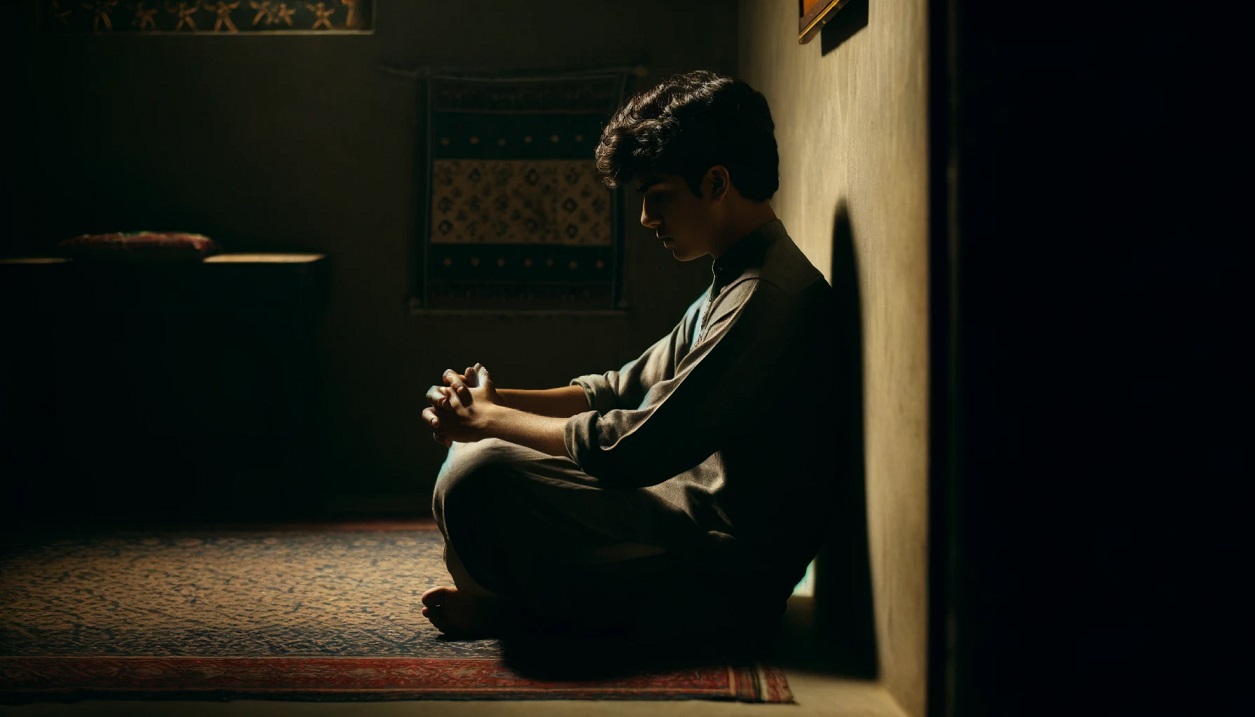In the labyrinth of adolescence, teenage boys often face their dragons in silence. Society’s entrenched stereotypes about masculinity—urging boys to be tough, hide their emotions, and “man up”—can significantly hinder their ability to express vulnerability and seek help. Depression in teenage boys, therefore, often goes unrecognized and untreated, camouflaged by their attempts to conform to these societal expectations. This blog post delves into the nuanced ways depression manifests in teenage boys, offering guidance on recognizing the signs and providing effective support.
The Hidden Struggle
Depression in teenage boys can be elusive, masked by behaviors or symptoms that might not immediately signal a mental health concern. Understanding that boys may express distress differently is crucial in identifying and addressing depression early.
The Signs of Depression in Teenage Boys
- Anger and Irritability: Unlike the classic signs of sadness and withdrawal associated with depression, boys might display increased irritability, anger, or aggression.
- Risky Behavior: Engaging in risky activities, substance abuse, or reckless behavior can be a coping mechanism or a cry for help.
- Academic Challenges: A sudden drop in grades or loss of interest in schoolwork can signal underlying issues.
- Withdrawal from Social Activities: While some teenage boys might isolate themselves, others might only withdraw from activities they once enjoyed, masking their struggles by maintaining some social interactions.
- Changes in Appetite and Sleep: Significant changes in eating habits or sleep patterns, such as insomnia or excessive sleeping, are common indicators.
- Somatic Complaints: Frequent headaches, stomachaches, or other physical complaints without a clear medical cause can be manifestations of depression.
Breaking Through the Barriers
Foster Open Communication
Create a safe and non-judgmental space for conversation. Encourage him to express his feelings and thoughts without fear of ridicule or dismissal. Emphasize that it’s okay not to be okay and that seeking help is a sign of strength, not weakness.
Educate About Depression
Demystify depression by educating teenage boys on the symptoms and the fact that it is a medical condition, not a character flaw. Understanding what they are experiencing can alleviate some of the shame or confusion surrounding their feelings.
Professional Support
Encourage seeking help from mental health professionals. Therapy can provide a confidential space for teenage boys to explore their feelings and develop coping strategies. In some cases, medication may be recommended as part of the treatment plan.
Promote Healthy Outlets
Encourage participation in activities that foster a sense of accomplishment and joy, whether sports, arts, or other hobbies. Physical activity, in particular, can be a powerful antidote to depression, releasing endorphins and improving mood.
Model Emotional Intelligence
Be a role model for expressing emotions healthily and constructively. By demonstrating that it’s acceptable for men to show vulnerability and seek support, parents and caregivers can challenge the harmful stereotypes that contribute to the silence around male depression.
Advocate for School and Community Resources
Work with schools and community organizations to ensure they provide accessible mental health resources and support for teenage boys. Awareness campaigns, support groups, and educational programs can help create an environment that encourages openness and understanding around mental health.
A Journey Together
Navigating depression requires a village—a support network that includes family, friends, educators, and mental health professionals. By understanding the unique ways depression manifests in teenage boys, we can better support them through their darkest times and guide them towards light and recovery. It’s about changing the narrative around masculinity and emotional expression, ensuring every teenage boy knows it’s not just okay to speak up—it’s necessary. Let’s commit to being part of that change, fostering a world where teenage boys feel supported in every step of their journey toward healing.



